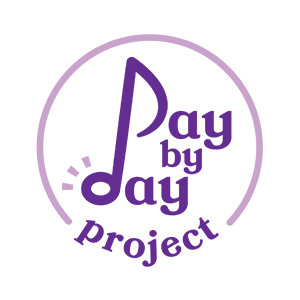Dementia is not a normal part of aging—it is not inevitable. It is more than mere forgetfulness.
Dementia is a collection of diseases that share four characteristics:
- They are not acute
- They affect memory
- They cause a decline in one’s ability to function
- They cause cells in the brain to die, shrinking the size of the brain over time
Below are the four most common types of dementia. Each has distinct triggers and symptoms.
Alzheimer’s: The most prevalent type, Alzheimer’s accounts for 60 percent of newly diagnosed dementias today. Difficulty with short-term memory, procedures, and naming are typical symptoms.
Vascular: Vascular dementia occurs when blood vessels above the neck that carry oxygen to the brain are blocked, causing brain tissue to die. Difficulty concentrating, finding words, or completing complex tasks are initial red flags.
Lewy-Body: This type of dementia progresses much faster than Alzheimer’s. Early signs mimic Parkinson’s Disease—stiffness in the extremities, difficulty with gait and balance, and problems with cognition.
Fronto-Temporal: The least common type of dementia, fronto-temporal affects parts of the brain that control behavior, personality, and the ability to complete complex tasks. Early symptoms include abnormal social behavior, aggression, and grandiosity.
Symptoms
Progressive brain cell death due to Alzheimer’s disease is the most common cause of dementia. Other causes include:
Memory loss is less about memories disappearing and more about an inability to effectively create new memories for recent events. People with this type of “working” memory loss ask the same question repeatedly.
Naming difficulty is an inability to retrieve words stored in the recesses of the mind. In normal aging, cues will help one recall a forgotten word quickly, or the person will remember it on his own. For someone with dementia, cuing isn’t effective, and the word doesn’t come to her mind later.
Causes
People with dementia typically exhibit two early warning signs: difficulty with short-term memory and difficulty with naming. These symptoms are red flags signaling the beginning stages of dementia.
- Stroke
- Brain tumor
- Traumatic head injury
Most dementias are not curable. For the less than five percent of dementias that accompany other well-known diseases such as Huntington’s Disease, Down Syndrome, and Syphilis, a small number are potentially reversible including B12 deficiency, normal pressure hydrocephalus, and severe hypothyroidism.
Treatments
While there is generally no cure for dementia, there are ways to manage the symptoms of the disease. Some symptom management is pharmaceutical, including newly approved Aduhelm and Leqembi. Other ways to manage symptoms include therapies such as music therapy and creative arts therapies. Learn more in our article, Prevention and Treatment.
Dementia is a challenging disease to navigate for both the person living with the disease and their family. Our goal here at Dementia Spring is to share a new story of dementia, one full of hope.




